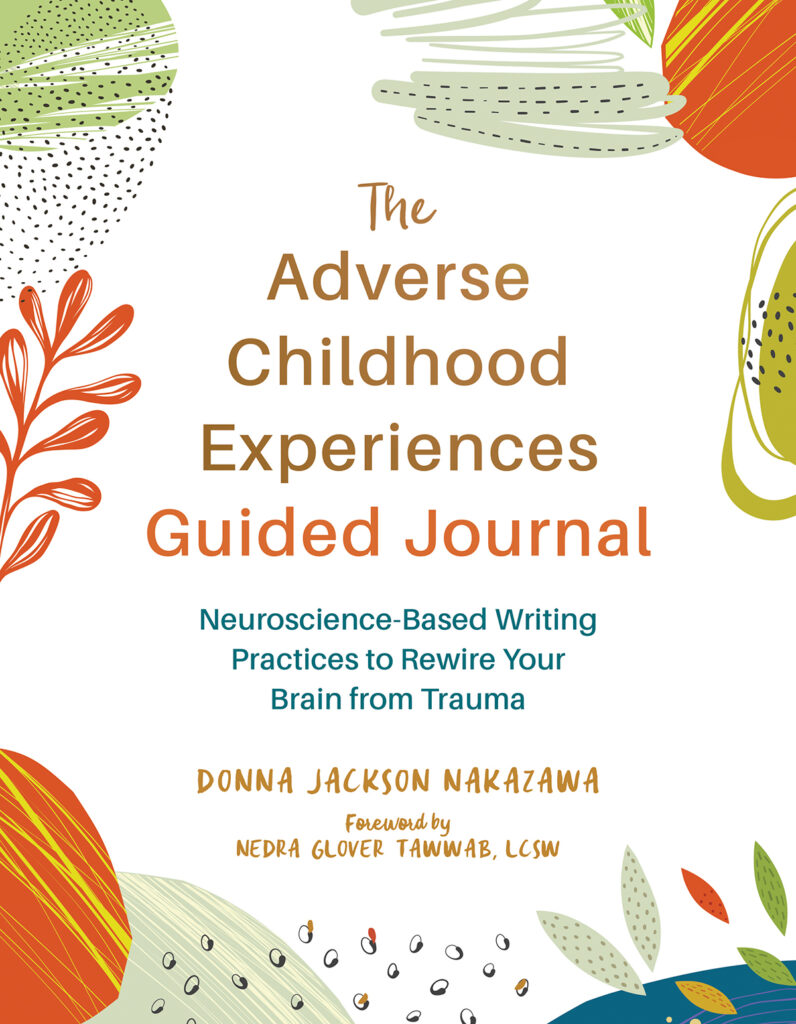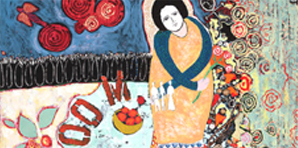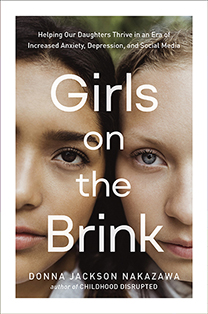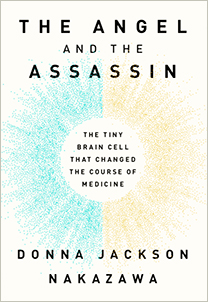It happened again yesterday. I had a cup of tea with a friend of mine. I’ll call her Gail — a fifty-ish-year-old woman with soft blue eyes, cropped auburn hair and black-rimmed glasses. I hadn’t seen Gail in a while; she’s been struggling with Crohn’s for some time. She told me of how she’d begun to accept and adapt to life as a Crohn’s patient. She’s been doing everything right, she said; she eats a whole foods diet, avoids dairy and gluten, takes her medications, goes in for her regular check ups and had just been through a small, mostly successful surgery. Gail – who like so many women managing a chronic condition looked “fine” — had also recently been diagnosed with thyroiditis. And she’s been suffering from migraines since we were both in college (trust me, that was a long time ago). She is careful about managing these, too, with both medication and diet. I’d say that Gail is in the top ten percent of people in terms of being “on top of” her chronic conditions. And, I repeat, she handles all this so well that her medical conditions really are “invisible” to the eyes of passersby.
But I have known Gail a very long time. So it was no surprise when she confessed to me that she was tired out. It wasn’t just the side effects of her medications or the physical symptoms or pain from surgeries or demoralizing lack of energy that were dragging her down, it was the fear, too, of what the next day, week or year might bring.
“For the past couple of years it’s been enough just to cope,” she said as she held her cup of peppermint tea between her hands, a small wisp of steam rising, temporarily fogging the lower half of her glasses. “But it’s hard to be with the girls they way I want to and give them the memories I want to give them — and focus the way I need to on my work — when I’m worrying over when my next mini or major flare up is going to be.” She gives a minuscule grimace and shrugs. “It’s hard to mean it when I smile.”
I understand Gail so well. We’re friends in the trenches. I find myself touching her forearm lightly. I share a few images with her that have often come to mind when I’ve been deep in the trenches with my own chronic health challenges: ““It’s like living a half-life? A maybe life? Maybe I can today, but maybe I can’t?” Gail nods, swallowing several times. Her eyes are suddenly wet, as, unexpectedly, are mine.
“When you hurt so much that it’s hard to walk the dog not much else gets in.” Gail puts down her teacup, pushes a strand of hair away from her forehead and adjusts her glasses. “I don’t want to live that way for the rest of my days. I want to look ahead and see that, hey, it’s okay, I’m still going to have some joy.”
“People assume I should just be thankful to be doing as well as I am –” She pauses before finishing her thought. “– but they forget that I’m living this half-life.”
I have heard similar sentiments from so many other women and men with chronic conditions — whether they are dealing with depression, migraines, arthritis, or autoimmune conditions. They feel that people don’t get it. You may be getting better from your latest flare or scare, you might even have found your way back to day-to-day pretty-okay mode.
You’ve recuperated, but you’re far from recovered. You’re far from feeling good. And you start to wonder – can you ever feel that sense of true well-being again?
Gail and so many women like her are searching for something more than this “half-life.” They want to find a way back from pain and fatigue – to at very least feel contented with their lives — even in the face of their physical symptoms, and the worries and stresses that come with them.
And here’s what’s most impressive: women like Gail don’t want to commiserate about their illness or symptoms or tell war stories about what treatments or surgeries they’ve had. They’re more interested in the next leg of the journey. They’re more interested in finding hope and change. They want to know: medical science may have saved my life, but what will make a life with pain feel joyful again?
When pain narrows our focus and we lose sight of joy, how can we find our way back again?
The Last Best Cure is my answer to that question. Gail is Countdown Reason # 39.



















